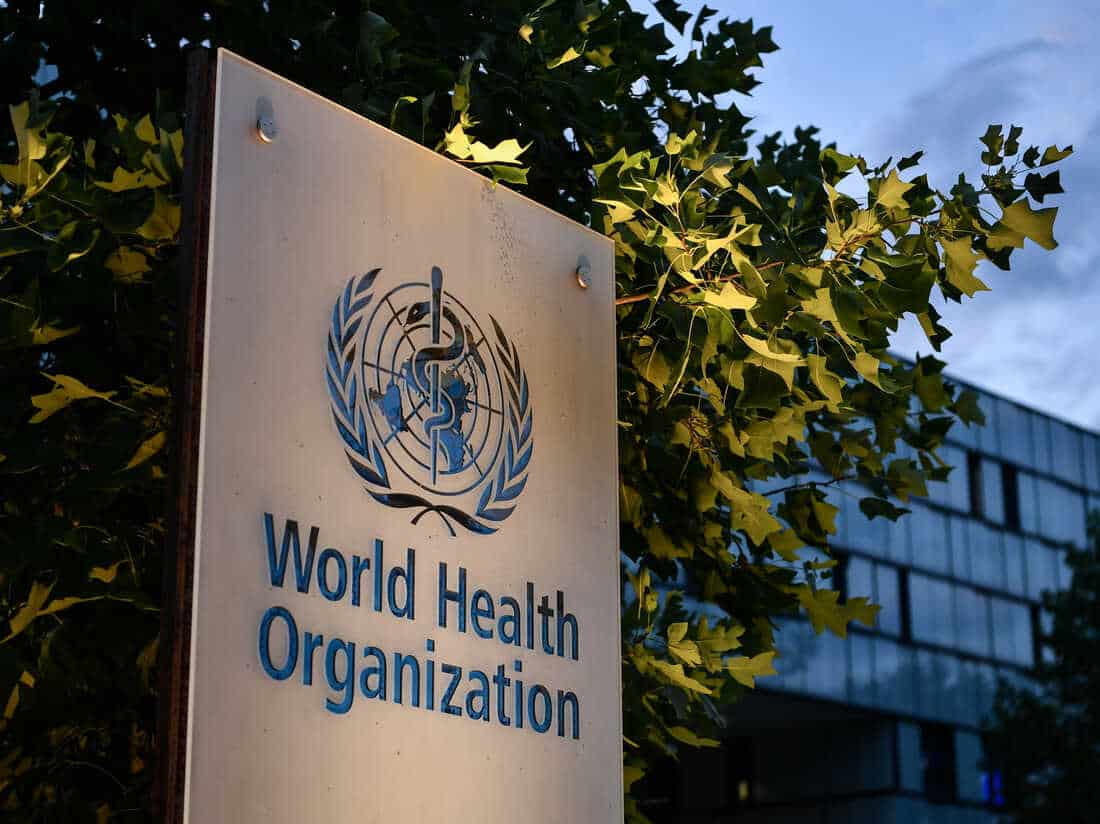GENEVA, SWITZERLAND – The World Health Organization (WHO) and the European Commission agreed on reinforcing a decade-long collaboration to accelerate the achievement of universal health coverage.
The letter of intent foresees an additional contribution from the European Union (EU) of US$131 million for the continuation of WHO’s assistance to its member states over the next five years, implemented through the Universal Health Coverage Partnership (UHC Partnership).
This will focus on strengthening health systems to make them more resilient and responsive to natural, climate or human-made disasters.
“Health is a fundamental human right and universal health coverage is critical for achieving that right. The COVID-19 pandemic has been devastating evidence that Universal Health Coverage is the foundation to resilience and sustainable development for all,” said Dr Tedros Adhanom Ghebreyesus, WHO Director-General.
“That’s true for individuals and families confronting a life-threatening illness and it’s true for countries – and the whole world – in the face of epidemics and pandemics. I am grateful to the European Union for its strong leadership and longstanding commitment to helping the world achieve Universal Health Coverage,” he said.
The partnership with WHO is a key deliverable of the new EU Global Health Strategy adopted by the European Commission.
Strengthening health systems and advancing universal health coverage worldwide is one of the three key priorities of the strategy.
“I am delighted to sign today with Dr Tedros a new contribution of $131 million EU contribution for the period 2023–2027 to our Universal Health Coverage Partnership with the World Health Organization,” said Commissioner for International Partnerships Jutta Urpilainen.
“As COVID-19 dramatically highlighted, resilient health systems and equitable access to health care are key to ensuring individual well-being and identifying and managing public health threats effectively,” Urpilainen said.
The UHC Partnership was established by WHO in 2011 with support from the European Commission to help catalyze action at country level to make health for all a reality.
From supporting seven countries in its inception phase, the initiative has seen steady expansion, with the European Commission remaining as a leading contributor.
With consolidated funding from eight donors, 130 health policy advisors have so far been deployed across 120 WHO country offices covering over 4 billion people.
Health policy advisors play a crucial role in bringing WHO’s technical expertise in fostering policy dialogue, national health planning, health security, addressing non communicable diseases and more.
The partnership also provides funding for catalytic projects and helps engage partners to enable effective development cooperation.
Now, the UHC Partnership is regarded as one of WHO’s largest platforms for international cooperation on Universal Health Coverage and primary health care.
As a source of mostly flexible funding, it supports the Organization in delivering assistance that is responsive to evolving priorities, including in the context of health emergencies such as disease outbreaks and conflict.

